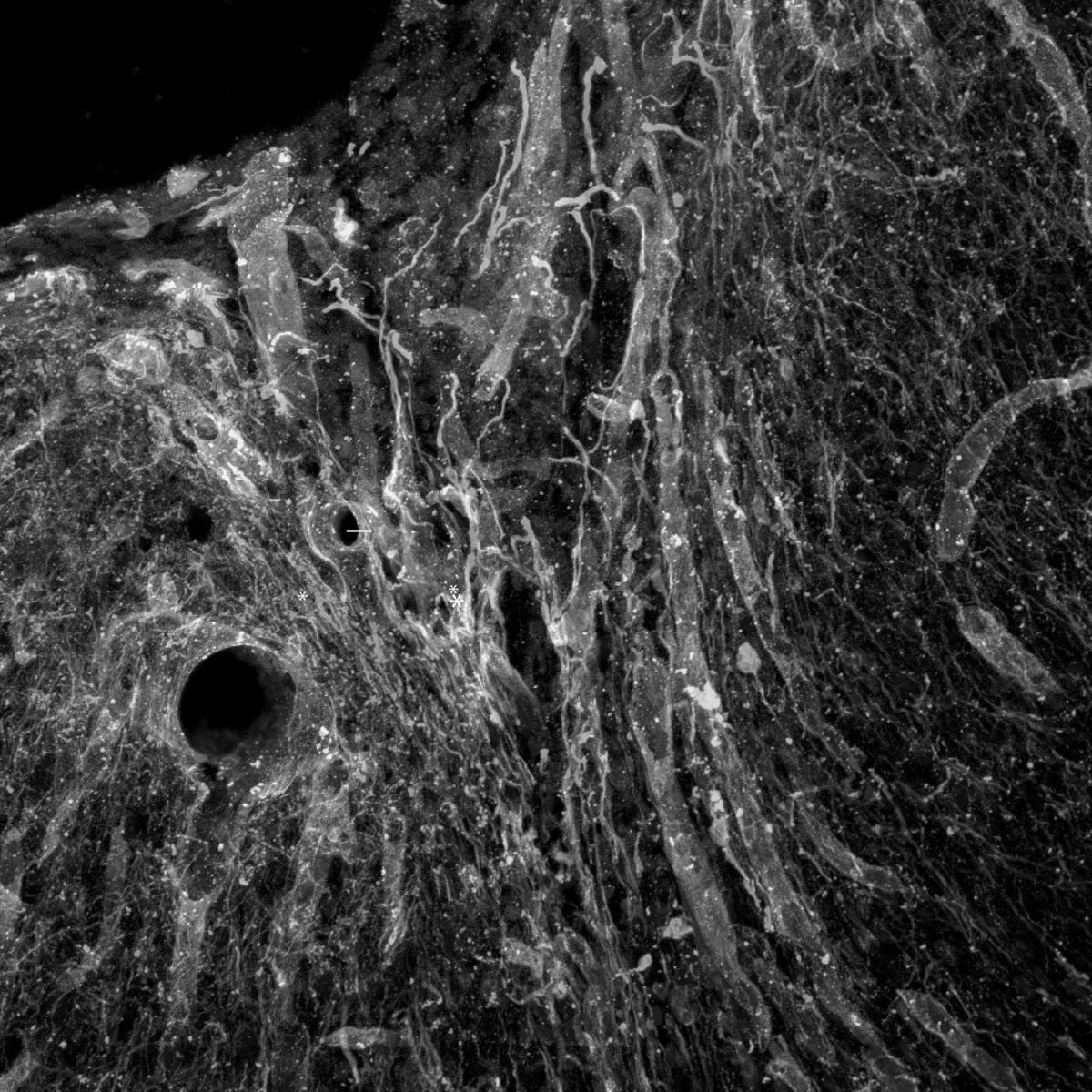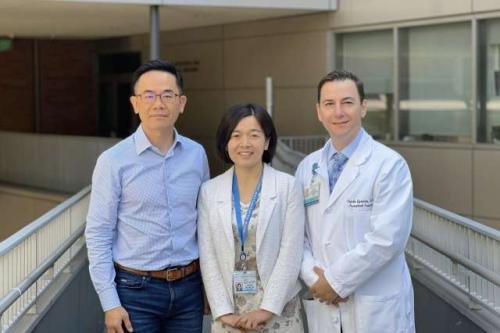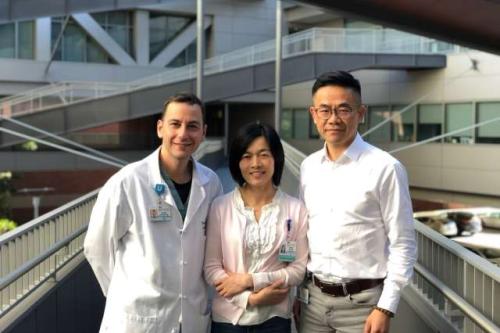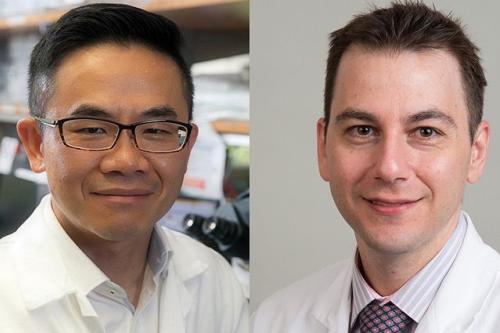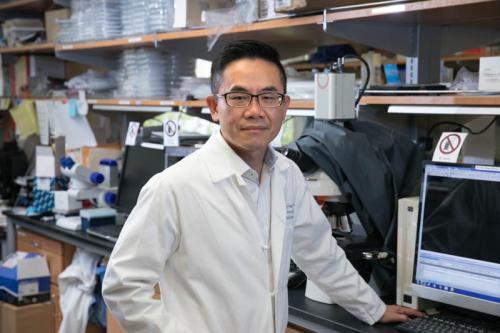
Hsian-Rong Tseng, Ph.D.
- Professor, Molecular and Medical Pharmacology

Hsian-Rong Tseng, Ph.D., develops nanotechnology-enabled diagnostic and therapeutic solutions for cancer and genetic diseases. The tools and technologies he creates could lead to personalized approaches to treat cancer as well as more effective and less invasive tests that can identify health problems affecting pregnant women or their unborn babies.
Tseng has built a series of nanotechnology and microfluidics-based platforms that enable researchers and physicians to detect, isolate and characterize circulating tumor cells and tumor-derived extracellular vesicles in the blood of patients with cancer. The technologies he is developing can one day become powerful tools in disease diagnosis, prognostic prediction and dynamic monitoring of therapeutic response. These advances would pave the way for personalized medical care, enhancing clinical management of cancer and improving screening for pregnancy complications.
He seeks to address unmet needs and challenges in oncology through the provision of distinctive diagnostic solutions that offer cancer patients and physicians a clearer path to treatment. He is now collaborating with pathology and oncology programs at both UCLA and medical centers throughout the United States to take the steps necessary to bring these innovative approaches to the clinic.
Tseng also works to create nanoparticle delivery systems aimed at making gene therapies and gene editing systems like CRISPR/Cas9 safer, faster and more effective. He developed a self-assembled nanoparticle approach for preparation of a new category of nanoparticle vectors, called supramolecular nanoparticles, for potential utilities as molecular diagnostics, therapeutics and theranostics for cancer. Leveraging a supramolecular nanosubstrate-mediated delivery system, Tseng found that CRISPR/Cas9 can be applied to knock in a therapeutic gene at a designated site in the genome, offering a general therapeutic solution for treating hemoglobinopathies such as sickle cell disease.
Research Projects
- Advancing platform technologies for the isolation of rare circulating cells in biofluids, including circulating tumor cells and tumor-derived extracellular vesicles Particles naturally released by cells that carry proteins, nucleic acids and other molecules, surrounded by a double layer of lipid (fat) similar to a cell membrane. These vesicles plat a crucial role in intercellular communication, transferring essential molecules between cells. extracellular vesicles Particles naturally released by cells that carry proteins, nucleic acids and other molecules, surrounded by a double layer of lipid (fat) similar to a cell membrane. These vesicles plat a crucial role in intercellular communication, transferring essential molecules between cells. in peripheral blood
- Conducting molecular characterization studies on rare circulating cells and tumor-derived extracellular vesicles
- Investigating the molecular signatures of circulating tumor cells and tumor-derived extracellular vesicles for applications in cancer diagnostics
- Leveraging supramolecular nanoparticle vectors for CRISPR A gene editing technology that enables scientists to remove, add or alter DNA at precise locations in the genome to prevent, treat or cure disease. One component acts as a navigation system that can be programmed to seek out a particular DNA sequence and the other component acts as a pair of "molecular scissors" that can cut two strands of DNA at that location to enable gene modification. CRISPR A gene editing technology that enables scientists to remove, add or alter DNA at precise locations in the genome to prevent, treat or cure disease. One component acts as a navigation system that can be programmed to seek out a particular DNA sequence and the other component acts as a pair of "molecular scissors" that can cut two strands of DNA at that location to enable gene modification./Cas9-mediated genome editing to treat genetic diseases, including sickle cell disease and X-linked juvenile retinoschisis
-
Post-doctoral Fellowship
- Supramolecular and Physical Chemistry, UCLA, 2003
Degree
- Ph.D., Organic Chemistry, National Taiwan University, 1998
-
